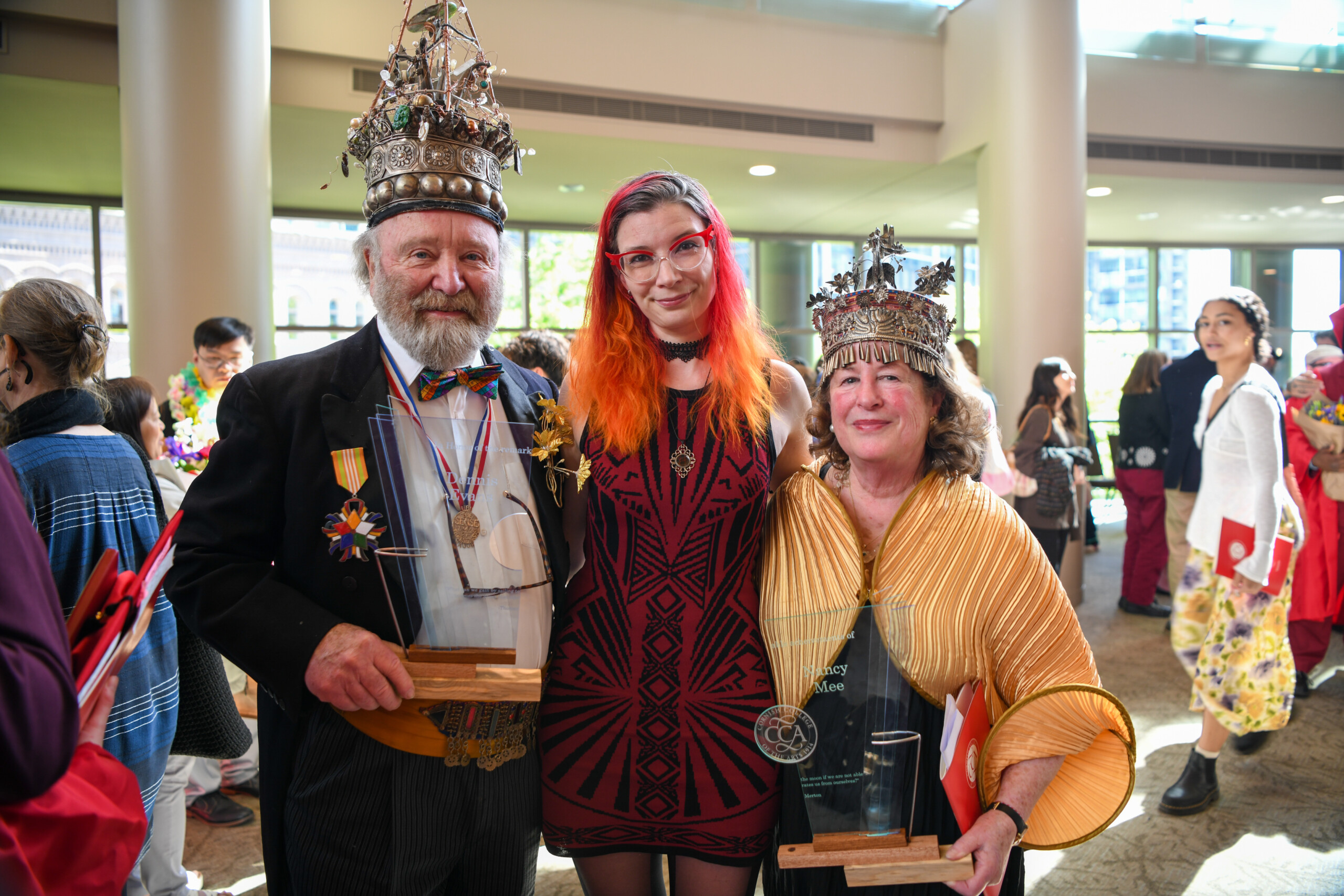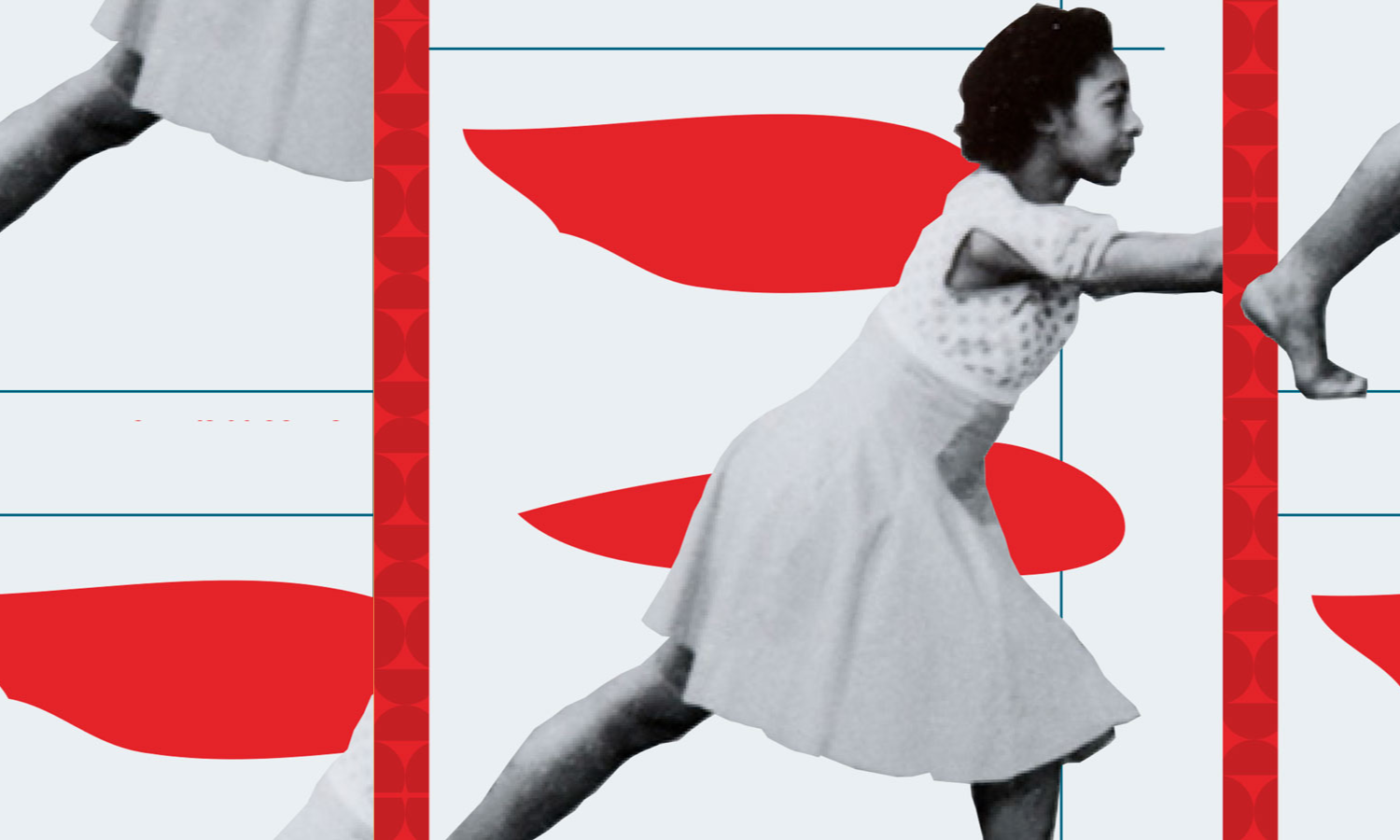Personal Statement from Cornish President
Dear Cornish Community,
As an African-American male, I am shaken to my core over the brutal and senseless killings of George Floyd, Breonna Taylor, and Ahmaud Aubery, not to mention the unmitigated racist act of Amy Copper in Central Park against an African-American male birdwatcher. As an African-American male, I don’t know when there was a moment that I did not feel that what happened to these innocent people of color could not happen to me. I have personally witnessed and experienced the insidious nature of racism, not only on the streets of cities and towns I have lived in but also in the halls of academia as a graduate student, faculty member, and administrator. I have known the effects of its heinous and insidious grasp among well-intentioned white people, who overtime failed to question and reject racist assumptions about people of color. To watch murders by white police officers without regard for the sanctity or value of the life of Black and brown people to endure inferior treatment laden with condescension and prejudice behavior or value of the life of Black people only exacerbates the anger and frustration I feel especially when I also consider that I am a father of a beautiful daughter, son, and grandson whose lives are in peril because they are BLACK. Yes, BLACK LIVES MATTER!!!
As an independent college of the arts, it is incumbent that we ask ourselves: What is our role as artists, designers, arts educators, and art curators in addressing America’s systems of racism? In his open letter to Art Educators on Constructing an Anti-Racist Agenda, Dr. James Rollings, President-Elect of the National Art Education Association wrote:
“While racism is a system for white supremacy and rendering Black lives meaningless, the arts are a meaning-making system. For some, the purpose of the arts is to render beautiful forms. For others, the purpose of the arts is to communicate life-affirming personal and cultural information. For others, the purpose of the arts is to ask questions and instigate urgent transformation. For still others, the purpose of the arts is improvisation — generating inventions, expressions and questions that lead to new social innovation. This is why there will never be a single definition of art — art has always been a set of diverse making practices, interconnected to produce a wide spectrum of outcomes and byproducts that render us ever more human and communal.”
It is important to me that Cornish exemplifies and affirms through action that Black Lives Matter. I want to be able to speak with authority about how this institution of higher education is a vanguard of equality, inclusivity, and social justice for all people, whether Black, brown, white, Asian, LGBTQIA2+, heterosexual, male, female, non-binary, and regardless of socioeconomic background. It is not enough to use the rhetoric of inclusion and diversity but fail in our actions to create an environment conducive for learning and creativity for all students, faculty, staff, and the community at large.
I have no doubt that as individuals, we are greatly affected by the brutal and inhumane death of George Floyd and countless others. Nevertheless, during our last Town Hall meeting, a colleague stated that Cornish had failed in its treatment of African-American students. Is this sentiment a perception that permeates among our students and alumni of color? What is our response? Will we own this assessment as credible? It is critical that we take advantage of this moment in time to thoroughly examine and assess our commitment to creating a meaning-making system at Cornish. I define a meaning-making system as adopting an agenda that promotes pedagogy and curricula that embrace themes and practices designed to affect social change not only on our campus but also throughout the community. An inclusive environment for African-American people at Cornish also requires making space for learners of color to express their own experiences and thoughts when talking about and making art. I am certain that there are other avenues to affect a meaning-making system at Cornish that will entail conversations among faculty and staff.
This coming fall, I will invite students, faculty, and staff to join me for an anti-racism roundtable discussion to brainstorm on what are the next steps to be taken. How can this college become an example of the work that is required to disrupt past behaviors and experiences among people of color? How do we fulfill the role of creative and social leadership in our communities as enlightened artists, citizens, and innovators? Will this community seek to diversify our curricular offerings to reflect the cultural contributions of African American, Latinx, Asian American, and Indigenous people?
These are my initial thoughts for how Cornish College of the Arts can realize its role as a 21st-century arts college, given the urgency to become an anti-racist organization. I trust that you have ideas to add. We have work to do because BLACK LIVES MATTER!
Respectfully,
Dr. Raymond Tymas-Jones
President, Cornish College of the Arts



